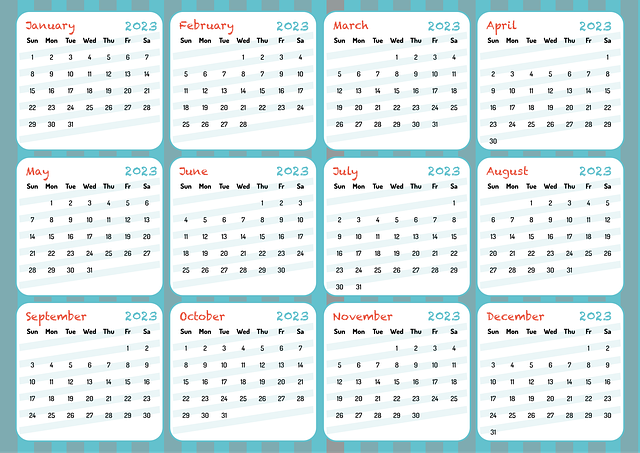Strategic planning is essential for successful event management of local businesses aiming to make an online impact. By defining clear objectives aligned with business goals, selecting suitable digital platforms, understanding audience demographics and preferences, and combining creativity with data-driven insights, events can captivate participants, boost interactions, and leave a lasting digital impression. Clear goals like increased brand awareness or community engagement guide content creation and platform selection, ensuring resource allocation contributes to desired outcomes and enhancing local business community ties.
Social media events managed with skill can significantly boost engagement and visibility for local businesses. In this article, we explore strategic planning essential for successful events, from identifying target audiences and setting clear goals to creating detailed timelines and budgets. We also delve into leveraging social media platforms effectively, choosing the right channels, crafting compelling content, and utilizing interactive features. Additionally, we discuss measuring success through key performance indicators (KPIs) and analyzing data to refine future strategies, ensuring continuous improvement in event planning and marketing efforts for local businesses.
- Strategic Planning for Successful Events
- – Identifying target audience and their engagement preferences
- – Setting clear event goals and objectives
Strategic Planning for Successful Events

Strategic planning is a cornerstone of successful event management, especially for local businesses aiming to make a buzz online. Before diving into the digital realm, thorough preparation ensures events resonate with the target audience. This involves defining clear objectives that align with the business’s goals—whether it’s brand awareness, customer engagement, or product launches.
A structured plan should include identifying the ideal platform (Instagram Live, Twitter Chats, Facebook Events), understanding your audience’s preferences, and setting measurable outcomes. By combining creativity with a data-driven approach, local businesses can craft events that captivate participants, boost online interactions, and leave a lasting digital footprint.
– Identifying target audience and their engagement preferences

When planning social media events for local businesses, understanding the target audience is paramount. Different demographics have distinct online engagement preferences—a key factor in event success. For instance, millennials might respond well to interactive live streams and influencer collaborations, while Generation Z could be more drawn to unique, niche content and augmented reality experiences.
Event planners should also consider the business’s own brand identity and goals. A local bakery, for example, may excel at hosting virtual baking workshops, fostering community engagement and showcasing their expertise. By aligning event formats with both audience preferences and the business’s strengths, organizers can ensure higher attendance, increased interaction, and a memorable experience tailored to the local market.
– Setting clear event goals and objectives

Before managing any social media event, it’s crucial to establish clear goals and objectives that align with the event planning for local businesses. This involves defining measurable outcomes such as increased brand awareness, generating leads, or fostering community engagement. By setting specific targets, event organizers can strategically craft content, choose the right platforms, and determine the best methods to engage the target audience. For instance, a local restaurant might aim to attract new customers through an online food festival, measuring success by the number of new followers, orders placed via social media, or positive reviews generated during the event.
Clear goals provide a roadmap for effective event management. They help in focusing efforts on creating compelling content that resonates with the audience and encourages participation. Moreover, having defined objectives allows for efficient resource allocation, ensuring every aspect of the event—from promotion to execution—contributes to achieving the desired outcomes, ultimately elevating the brand’s online presence and fostering stronger connections within the local business community.
Social media events, when expertly managed, can be a powerful tool for local businesses to engage their target audience. By strategically planning and setting clear goals, as outlined in this article, event organizers can create memorable experiences that drive engagement and foster growth. Understanding your audience’s preferences and utilizing these insights effectively is key to successful event planning in the digital age, ensuring that each event leaves a lasting impact and becomes a valuable asset for local businesses.
